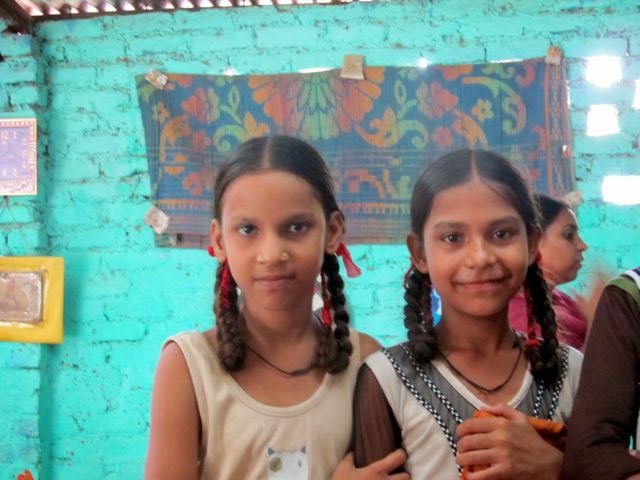Did you know that we Indians should be credited for inventing stem cell technology. According to Dina Nath Batra – yes the one who compelled a publisher to pulp a book not to his taste – and I quote “…America wants to take the credit for invention of stem cell research, but the truth is that India’s Dr Balkrishna Ganpat Matapurkar has already got a patent for regenerating body parts…. You would be surprised to know that this research is not new and that Dr Matapurkar was inspired by the Mahabharata. Kunti had a bright son like the sun itself. When Gandhari, who had not been able to conceive for two years, learnt of this, she underwent an abortion. From her womb a huge mass of flesh came out. (Rishi) Dwaipayan Vyas was called. He observed this hard mass of flesh and then he preserved it in a cold tank with specific medicines. He then divided the mass of flesh into 100 parts and kept them separately in 100 tanks full of ghee for two years. After two years, 100 Kauravas were born of it. On reading this, he (Matapurkar) realised that stem cell was not his invention. This was found in India thousands of years ago.” — Page 92-93, Tejomay Bharat.
This is not a joke but an extract from Tejomay Bharat, a book which is now compulsory reading for school children in Gujarat. Imagine children having to learn such nonsense. The book’s content advisor, an eminent educationist informs us that Tejomay Bharat gives an insight to students about our rich culture, heritage, spiritualism and patriotism. The language has been kept simple, which is apt for students. These are to be given free of cost to all schools, while 5,000 copies priced at Rs 73 have been prepared for those other than students. How long will it take to cross the state borders is anyone’s guess. The idea sends chills down my spine.
But it does not stop there. The same gentleman – I mean the author not the advisor – is upset because NCERT hindi books use Urdu and English words and has a sent a letter to the new education minister to take appropriate action. Some of the words he objects to are: vice-chancellor’, ‘worker’, ‘business’, ‘backbone’, ‘plan’, ‘you get out’, ‘of course’, ‘frock’, ‘half-yearly’, ‘seminars’, ‘cultural’, ‘horticulture’, ‘canvas’, ‘organise’ and ‘thank you’! Good God what is the Hindi for these. As for the Urdu ones, they are part of our daily lexicon: ‘mushkil’ (difficult), ‘dost’ (friend), ‘gussa’ (anger), ‘shararat’ (naughtiness), ‘khabardar’ (to warn), ‘gayab’ (vanish), ‘saal’ (year), ‘mohalla’ (colony), ‘mauka’ (occasion), ‘aksar’ (often), ‘mauj udana’ (to have fun), ‘farsh’ (floor), ‘himmat’ (courage) and so on. I am gobsmacked and wonder where we are heading.
I wish all this was just banter but if the gentleman in question was able to get a book pulped then who knows what else he can achieve. My hart goes out to the poor children!


